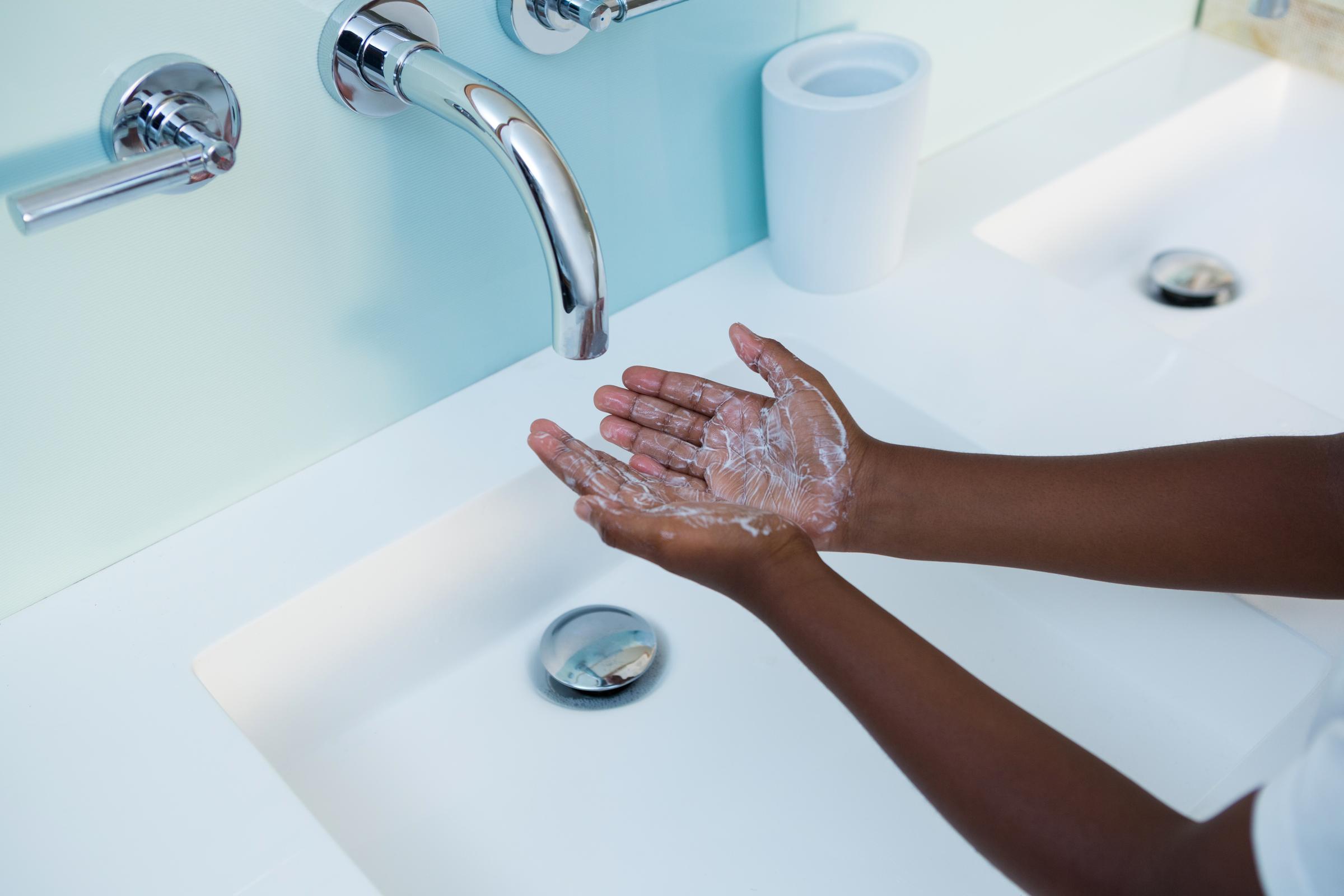As stated by the World Health Organization, “There does not appear to be any convincing evidence that water hardness causes adverse health effects in humans.” But before we look at the uses of hard water, let’s quickly see how to identify hard or soft water and associated health risks of drinking or using hard water.
How can you tell if water is hard or soft?
You cannot just tell if water is hard or soft by just having a glance at it. You can tell by looking at how it behaves and feels in your dishwasher is washing machine. Because we are talking of hard water, let’s look at the behaviour of hard water.
Signs of hard water include:
- Feeling a film on your hands after washing with it: This is caused by the soap reacting with calcium to form soap scum. You may need to rinse your hands longer if the water is hard.
- Spots: These can appear on glasses and silverware coming out of the dishwashers. These are usually deposits of calcium carbonate.
- Less water pressure in your home: Mineral deposits can form in the pipes, resulting in shrinking the lines’ interior diameter and reducing water flow.
Are there any health risks associated with hard water?

As stated in my early submission, the WHO has stated that there are no known health risks of using hard water in any form.
However, hard water can contribute to dry skin and hair. Washing your hair frequently with hard water can leave a scalp feeling itchy.
The mineral in hard water can also change your skin’s pH balance, weakening it as a barrier against harmful bacteria and infections. I know pH might sound too scientific, but let’s quickly have a tip of it. Power of Hydrogen or known as pH is a scale used to specify the acidity or basicity of an aqueous solution, in this case, water. To learn more about pH, click here.
People with eczema may be especially vulnerable.
If you have noticed the sudden change in your skin or hair (becoming dry), you might have to consider checking your water softness system or get some.
Uses of hard water.
The following are some uses of hard water.
- For cooking:
Cooking and drinking hard water is beneficial to your health. The extra calcium and magnesium in the water are essential dietary requirements that promote healthier bones and teeth. According to doctors, “if you drink about 2 quarts of water a day, you may get anywhere from 50 milligrams to 290 milligrams of calcium, or about 6.8 percent of your daily calcium requirement.”
- Around the house:
Utilizing hard water for general cleanup, laundry, and doing dishes, including through the dishwasher, is acceptable. The extra minerals can make things difficult, however. They can leave spots on dishes and make stains tougher to get out of dirty clothes. Minerals from hard water can build up over time, reducing your clothes washer and dishwasher’s efficiency.
- In your daily dose of minerals:
Because hard water contains a high concentration of magnesium and calcium, hard-drinking water may help you get your recommended daily intake of essential minerals.
There is some speculation that hard drinking water may have cardiovascular benefits, but there’s no definitive conclusion to back up that claim.

Conclusion,
In a nutshell, you should be selective about the kind of water you may want to use for different purposes. So being it for cooking, bathing, drinking, or laundry, you should be very careful about the type of water to go in for.
In case you ever need some expert advice about the kind of water to use at your home for different purposes, contact HouseClap for our Verified Plumber to help you with all your water needs.

